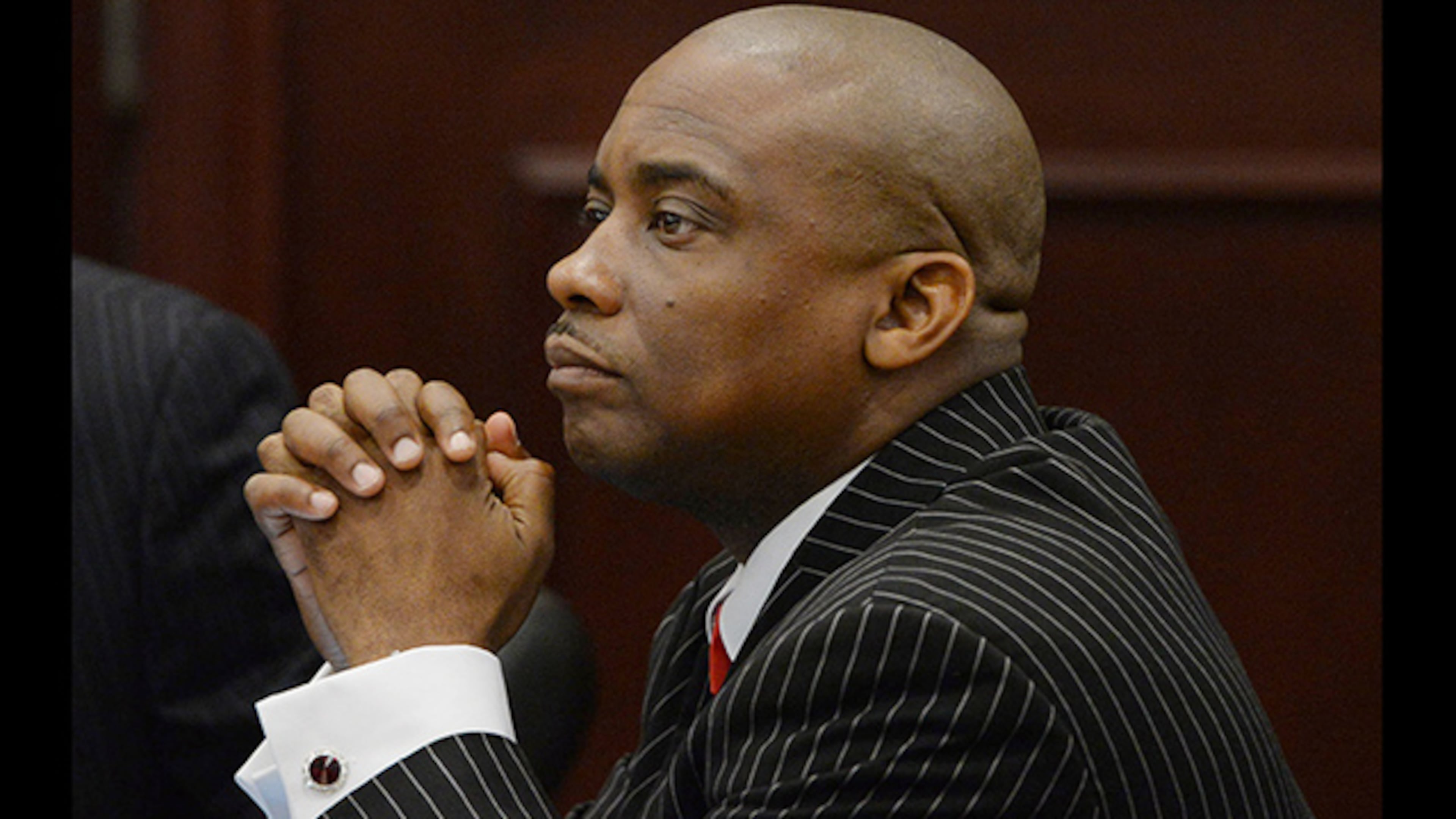How Victor Hill was found not guilty

Clayton County Sheriff Victor Hill beat all 27 charges against him, including accusations of racketeering, theft by taking, making a false statement, influencing a witness and violating his oath as a public officer. During the nine-day trial, the prosecution called 15 witnesses to the stand and the defense called two. Hill did not testify.
Among the key factors of the trial:
What the prosecution tried to prove: Hill was a corrupt lawman who used his office to court women, travel and gamble on the taxpayers' dime.
What the defense argued: Hill was prosecuted for political retribution — because he announced to run for the seat he lost in 2008 to Kem Kimbrough. Hill's lawyers also said a sheriff is entitled to take a car out of town because he's subject to be called to duty at any time.
Why the prosecution may have lost the case: It failed to make a strong enough argument that Hill used his office to enrich himself. Prosecutors indicted Hill on a series of theft charges based on allegations he used county vehicles and county gas to go on vacation. Public corruption cases, which are typically tough to prove, are most successful when prosecutors can show a sustained pattern of clear theft and larger dollar amounts than the estimated $1,000 in gas and other county benefits Hill is accused of taking.
The prosecution's strongest case: Special Assistant District Attorney Layla Zon used bank records to show the travels that Hill and his traveling companions took so she could counter the defense's attacks on the credibility of witnesses. She used a power point presentation during her closing argument that tied it all together, chronologically. She repeatedly told jurors that while the case may have been politically motivated and the witnesses were of questionable character, that didn't change the answer to the question: Did he do it?
Why the defense may have won the case: Hill's lawyers repeatedly attacked the credibility of key prosecution witnesses and successfully framed the case as petty politics. During closing arguments, an animated and emotional Drew Findling, one of Hill's lawyers, strode around the courtroom mocking prosecution witnesses and called them liars.
A key decision by the defense: Hill’s lawyers did not ask for the trial be moved to another county, even though the case had received widespread publicity. Hill’s legal team wanted their client to be judged by the Clayton residents who elected him with 76 percent of the vote against a write-in candidate in the 2012 general election, after Hill defeated Kimbrough in the Democratic primary runoff, taking 54 percent of the vote.


